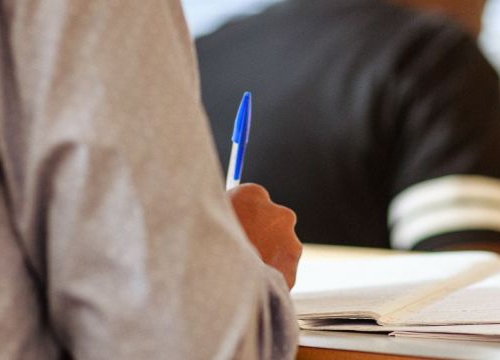Twenty Pages to Address Topical IHL and Human Rights Issues


Sandra Pointet/Geneva Academy
10 September 2019
Students of our LLM in International Humanitarian Law and Human Rights spent most of their summer working on their LLM papers: around 20 pages to discuss a specific issue in international humanitarian law (IHL) and human rights in armed conflict.
They submitted their papers in August and will receive their grades by mid-September.
Development of Expertise and Critical Thinking
The LLM promotes academic excellence and independent critical thinking. One of its core outputs is an LLM paper written under the guidance of a Faculty member.
‘This paper gives students an opportunity to investigate a subject of special interest to them, develop their own critical thinking, and deepen their expertise through research and exchanges with experts’ stresses Marco Sassòli, Director of the Geneva Academy.
‘As the paper is quite short – around 20 pages – it also requires students to be able to address complex questions in a concise manner without oversimplifying them’ he adds.
From New Technologies in Armed Conflict to the Extraterritorial Application of the International Covenant on Economic, Social and Cultural Rights
‘Every year, we are positively surprised by the variety and relevance of the topics chosen by some of our students, as well as by the quality of their papers’ underlines Marco Sassòli.
‘It’s always a pleasure to see how students use what they’ve learned in class to discuss and analyse a specific issue and develop their own approach to it’ he adds.
To name but a few, LLM papers notably discussed the compliance with international humanitarian law (IHL) through human rights mechanisms; the contribution of armed groups to the formation of customary IHL; new technologies and data protection in situations of armed conflict; lethal autonomous weapons systems and international criminal responsibility; non-state armed groups and the administration of justice; evaluation of the compatibility with IHL of self-defence in US operational law; or the extraterritorial scope of states parties’ obligations under the International Covenant on Economic, Social and Cultural Rights.
Awards
Awarded every year during the Graduation Ceremony, the Best LLM Paper Prize distinguishes one student for a paper of exceptional academic quality.
The Henry Dunant Prize is awarded to an LLM graduating student for an original and didactical paper that deepens, strengthens and renews the ideals and commitment of Henry Dunant.








